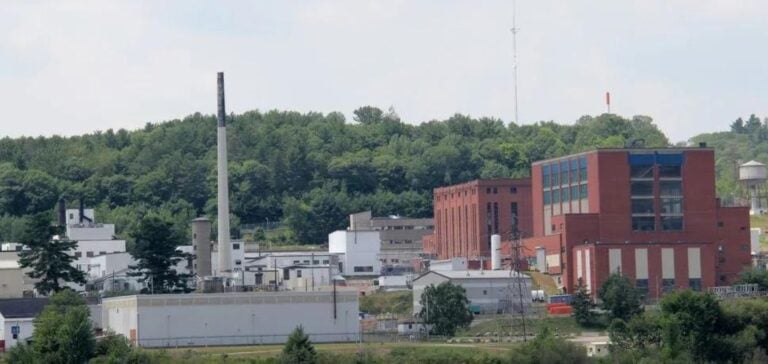Fusion Fuel Cycles (FFC), based in Chalk River, Ontario, is a new initiative that will transform the fusion energy industry by developing large-scale fuel cycle systems. This partnership, combining the advanced technological and operational capabilities of Kyoto Fusioneering and Canadian Nuclear Laboratories (CNL), aims to offer complete and innovative solutions for fusion development.
The UNITY-2 project: a major step forward
FFC’s first project, UNITY-2, is an integrated, flexible test facility located at Chalk River Laboratories. Scheduled to be fully operational by mid-2026, this pioneering facility will cover the entire D-T (deuterium-tritium) fuel cycle, from landfill to processing and supply. UNITY-2 will demonstrate efficient tritium processing technologies under relevant conditions, paving the way for commercial fusion power plants in the next decade.
Objectives and scope of UNITY-2
UNITY-2 will serve as an open, multi-purpose platform for fusion innovators from around the world, helping to advance the science and bridge the technology gaps associated with tritium processing systems. Areas of study will include tritium inventory minimization, processing efficiency, tritium emission reduction, material compatibility, process modeling, controls, simulation, fuel supply, tritium accounting, operational safety and waste minimization.
Contributions from Kyoto Fusioneering and CNL
Kyoto Fusioneering, a start-up from Kyoto University, focuses on the development of advanced technologies for commercial fusion reactors. These technologies include tritium fuel cycles and breeding blankets for tritium production and power generation. Canadian Nuclear Laboratories contributes its extensive experience in tritium handling, strengthening the partnership’s ability to achieve its ambitious goals.
Support and prospects for the fusion sector
CNL CEO Jack Craig emphasizes the importance of FFC in the development of fusion energy, combining Kyoto Fusioneering’s technological expertise with CNL’s experience to revolutionize the fusion industry. Satoshi Konishi, CEO of Kyoto Fusioneering, adds that FFC will accelerate the development of crucial fuel cycle technologies, offering complete solutions for the future of fusion energy. Fred Dermarkar, CEO of AECL (Atomic Energy of Canada Limited), sees this new venture as an anchor for Canada in the growing global fusion industry, building on Canadian expertise in tritium and CANDU reactors.
Fusion Fuel Cycles represents a significant step forward in the field of fusion energy, with the UNITY-2 project paving the way for future facilities and the development of advanced fuel cycle technologies. By combining the strengths of Kyoto Fusioneering and CNL, this initiative promises to advance technological capabilities and strengthen Canada’s position in the global fusion energy sector.





















